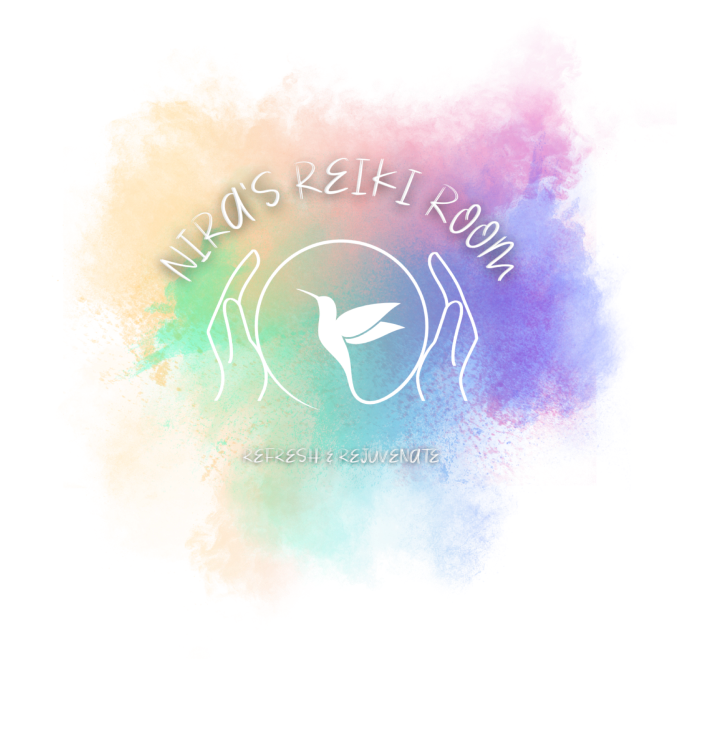Reiki stands out as a complementary therapy known for its gentle power and the holistic healing it offers. This Japanese technique, whose name is pronounced Ray-key, means “universal life energy,” underscoring its foundation in guiding life’s energy flow through and around us for health and wellbeing.
What is Reiki?
At its core, Reiki is a form of natural healing that utilises hand movements with the intention of directing the flow of energy around us through the client’s body. This energy, which surrounds and permeates everything, is harnessed to enhance wellbeing, reduce stress, promote healing, and balance the body, mind, and spirit. The beauty of Reiki lies in its simplicity and the profound effects it can achieve without causing pain or discomfort.
Reiki treatments are safe and non-invasive, often described as hands-on healing, although a hands-off approach or distant healing can also be employed depending on the recipient’s preference. Practitioners place their hands gently in a sequence of positions across the client’s body, spending several minutes in each to channel energy effectively.
Why is Reiki Beneficial?
Choosing Reiki can be transformative for various reasons. Whether you’re looking to de-stress, boost your energy levels, find peace and relaxation, address specific physical or emotional issues, or complement other treatments you’re receiving, Reiki offers a versatile solution. Its benefits span the mental, physical, emotional, and spiritual domains:
- Mental: Eases stress and anxiety while promoting relaxation and better sleep.
- Physical: Offers relief from aches, pains, and fatigue, alongside supporting the immune system.
- Emotional: Helps balance emotions and fosters personal development.
- Spiritual: Encourages peace and spiritual growth.
What to Expect During a Reiki Session
Every Reiki treatment is tailored to the individual, ensuring that the energy directed during the session meets personal healing needs. The experience can vary; some people report feeling warmth, cold, tingling, or even a revisitation of old injuries as the energy works its way through. Others may sense colors or experience involuntary muscle twitching. However, the absence of these sensations doesn’t imply the Reiki isn’t working. Energy flows where it’s needed most, and benefits are achieved regardless of the immediate physical responses.
It’s crucial to note that while Reiki is a powerful tool for enhancing wellbeing, it’s not a substitute for medical treatment. Instead, it should be seen as a complementary approach that supports and enhances traditional care. Always consult with a medical professional for any health concerns.
In conclusion, Reiki offers a holistic approach to healing and wellbeing, addressing the body, mind, and spirit. Whether you’re seeking relief from physical discomfort, emotional stress, or spiritual seeking, Reiki provides a gentle yet profound path to recovery and balance.
